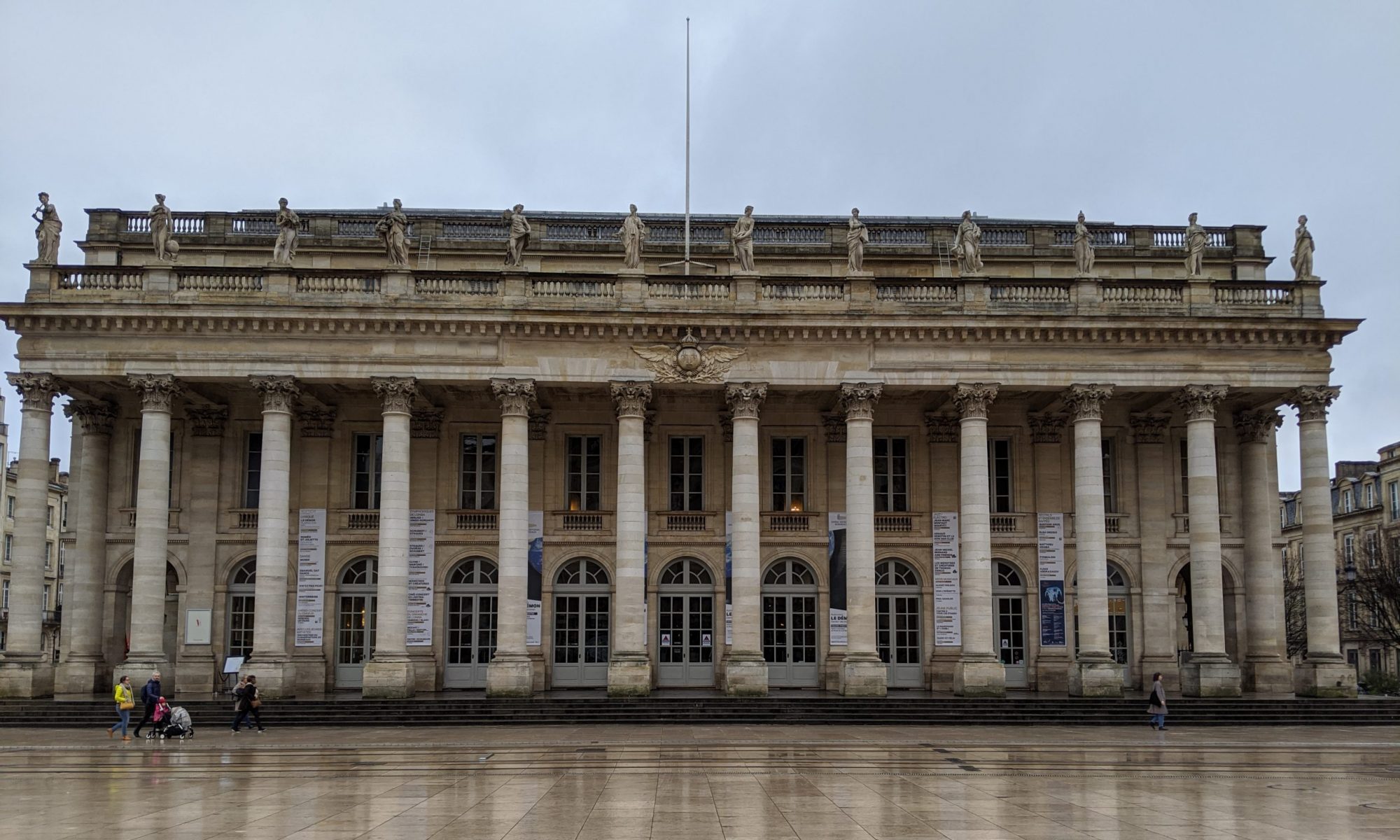
A long time ago a French colleague shared with me the rules for his children around watching American films. The first time, they could watch with the French audio track and no subtitles. The second time through, they could watch the film with the English audio track and French subtitles. Thereafter, they could only watch the film with English audio and no subtitles.
Like millions of others, I ponied up $6.99 to Disney+ last week for the purpose of watching the Hamilton movie (it was good). But before canceling the subscription, I decided to get some additional mileage out of it by trying this same trick but in reverse (sort of). Disappointingly, few of the Disney films available have French audio tracks. But at least one does, so I sat down last night and watched La Belle et la Bête (Beauty and the Beast). It was neat.
I’ll start off acknowledging that I did not catch all the words (no surprise). But it was far from uniform: a single speaker talking slowly was straightforward; a conversation between two was a little harder, with the castle servants easier to understand than the villagers in the tavern. Singing added a layer of difficulty, and again a solo line was much simpler. The hardest was the chorus songs (mostly the villagers once more).
Of course, I know the lyrics of the songs moderately well, in English. It helps less than I’d imagined. The translations are well done, and therefore don’t hew particularly to the literal. For example, the opening verse of the song Beauty & The Beast is:
Tale as old as time True as it can be Barely even friends Then somebody bends Unexpectedly
In the French version this is:
Histoire éternelle Qu'on ne croit jamais De deux inconnus Qu'un geste imprévu Rapproche en secret
which back-translates into English, as literally as I can manage, as:
Eternal story That you'd never believe Of two strangers Whom an unexpected act Secretly draws together.
It takes some mental gymnastics to use the original English translation as a guide to understanding the French in real time. I found myself more using my knowledge of the original English lyrics as a source of pleasure at hearing how the French translator handles a passage and smiling at the result – but there were still places where I just couldn’t catch / parse / understand the French.
After finishing my first watch through of the movie with no subtitles and French audio, I went back to see if it was any easier with the French subtitles on. I wasn’t planning to do a full re-watch immediately, just get a taste of how much easier or harder it was. It became clear at once that the French subtitles were not an accurate transcript of the spoken French audio. Here’s the opening:
Audio:
Il était une fois, dans un pays lointain, un jeune prince qui vivait dans un somptueux château. Bien que la vie l’ait comblé de tout ses bienfaits, le prince était un homme capricieux, égoïste et insensible.
Subtitles:
Il était une fois, dans un pays lointain, un jeune prince qui habitait dans un somptueux château. Bien qu’il possédât tout ce qu’il désirait, le prince était gâté, égoïste, et méchant.
The first sentence is different only in one word. The second sentence changes all kinds of things. “… life had lavished him with its blessings …” becomes “… he had all that he could want …”, while “…arbitrary and callous…” becomes “… spoiled and wicked …”.
Not sure what the backstory on this is. Are the work streams of creating French subtitles from English audio and creating French audio from English audio just independent ? Two different crews, different times when they were created, etc? That could explain the skew. Or is it a real creative decision to have the subtitles be something other than a transcript? I can imagine that what the eye reads fluidly and what the ear hears pleasantly are different. But that seems more plausible for whole sentence rewrites or omitting words, less plausible for a simple substitution like “vivait” becoming “habitait“.
Anyway, watching just a few minutes of this convinced me that the skew between what was written and what was spoken would drive me batty, so I’m not going to do that for the whole film. I may try a second run through of the film in the same “no subtitle, French audio” configuration, see what more I pick up on the re-watch.
Of course, someday I’ll have to take the plunge and watch the 1946 film La Belle et La Bête with Jean Cocteau.
